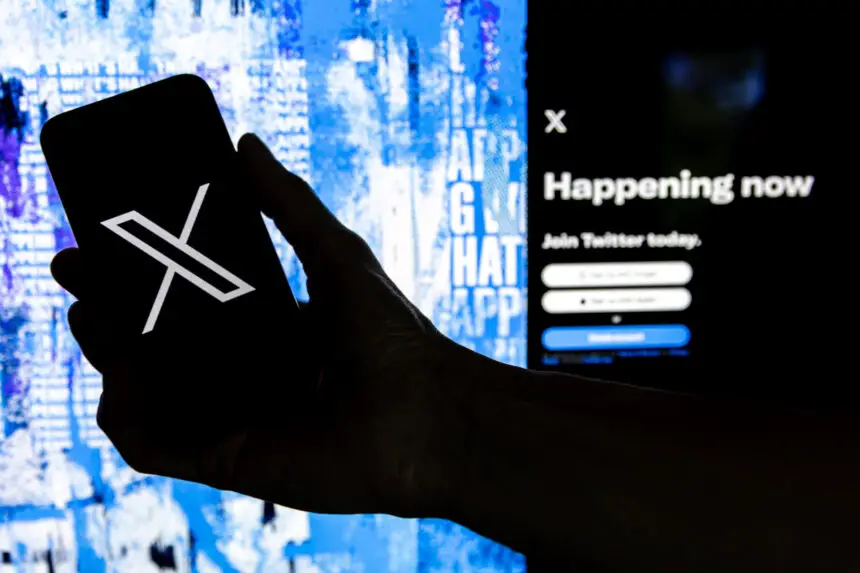The European Commission has opened a formal investigation against Twitter for allegedly breaking EU rules on disinformation, illegal content and transparency.
X, the social network once known as Twitter, is (again) in the crosshairs of the European Commission (EC). The Community Executive has decided to open a formal investigation against Twitter for allegedly breaking the rules prevailing in the European Union (EU) on disinformation, illegal content and transparency.
Brussels’ decision to open formal proceedings against news” on online platforms operating in the EU.
Under the provisions of the Digital Services Law (DSA), which came into force last August, companies can be sanctioned with fines of up to 6% of their global turnover or even be punished with a ban on their operations. within the EU if it is shown that the rules are being violated.
Thierry Breton, Commissioner for Internal Market and Services, who is in charge of monitoring compliance with the DSA, confirmed yesterday in a tweet the open investigation against Twitter (X).
Today we open formal infringement proceedings against @X :
⚠️ Suspected breach of obligations to counter #IllegalContent and #Disinformation
⚠️ Suspected breach of #Transparency obligations
⚠️ Suspected #DeceptiveDesign of user interface#DSA pic.twitter.com/NxKIif603k
— Thierry Breton (@ThierryBreton) December 18, 2023According to Breton, the procedure against suspect the use of deceptive user interface design.
The investigation regarding the alleged deceptive design that X would have incurred refers specifically to the blue verification “checks”, which are currently only and exclusively available to those users who pay for a subscription to the social network. Before Elon Musk took charge of Twitter, blue verification checks were granted free of charge to figures of public relevance such as politicians, journalists, actors, singers and athletes.
Brussels had previously warned X about a possible breach of the DSA
Last June, after a meeting with Breton in California, Musk insisted that X would abide by current EU regulations. However, in recent months the social network has been criticized for the presence of “fake news” and “hate speech” in its domains, particularly since Hamas attacked Israel on October 7 and the Government of Benjamin Netanyahu then responded with bombings in Gaza.
Just three days after the start of the war in the Middle East, on October 10, the EU sent a formal letter to and Gaza.
Linda Yaccarino, CEO of
“There is no place in X for terrorist organizations or violent extremist groups and we continue to eliminate these accounts in real time,” Yaccarino stressed at the time.
However, the measures undertaken in recent weeks by X to contain disinformation and hate speech on its platform do not appear to have been sufficient in the eyes of the EC. And since in the last two months there have been a good number of bilateral meetings between Breton, Musk and Yaccarino, Brussels’ decision to open a formal investigation against X would not have been in any way a surprise for the social network, several officials say. of the EC.
The investigation undertaken by Brussels will examine whether ).
The EC is also concerned that X is not investing enough to comply with European standards in the different languages used within the EU. The social network would have, for example, a single content moderator in the Netherlands, where Dutch is spoken.








